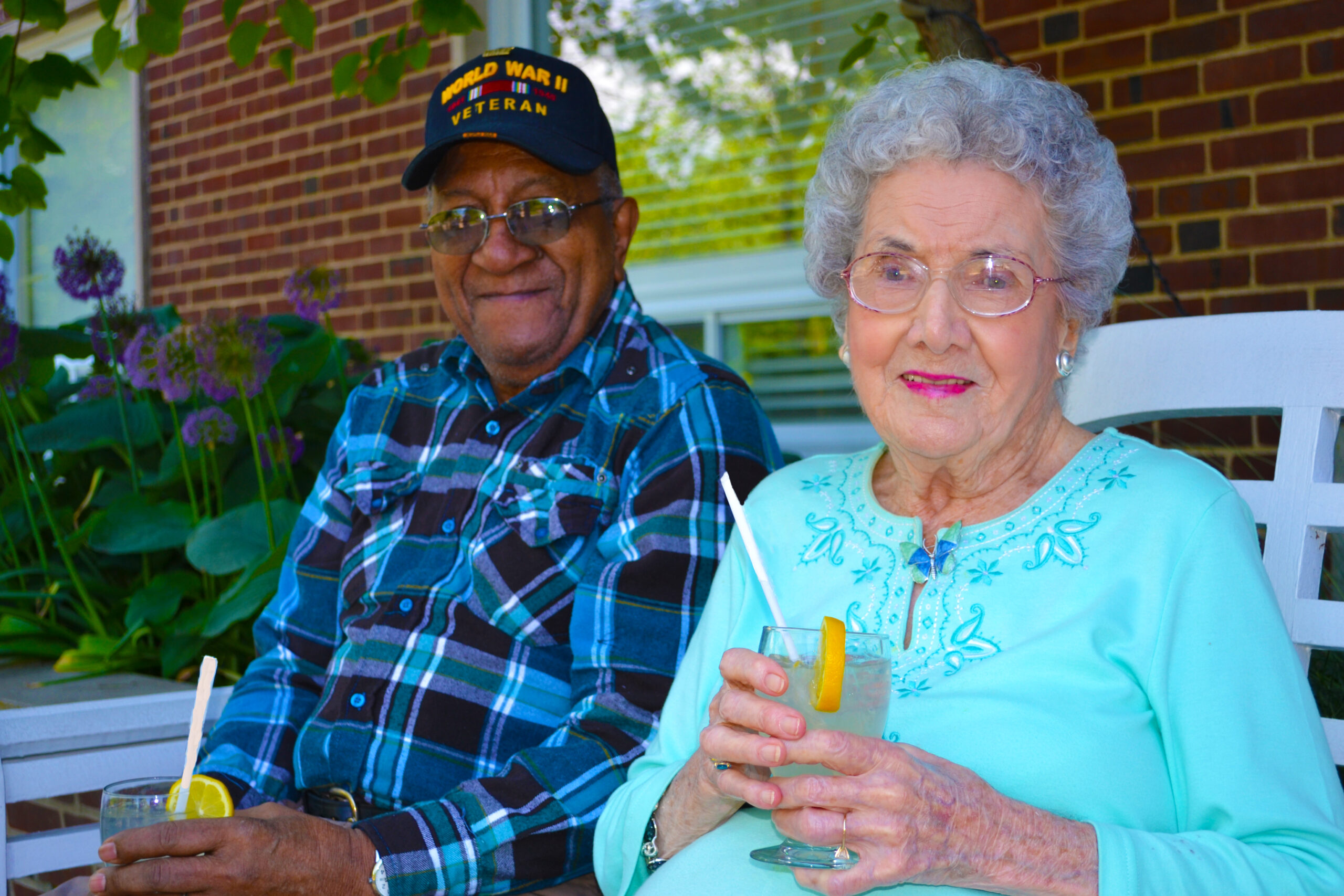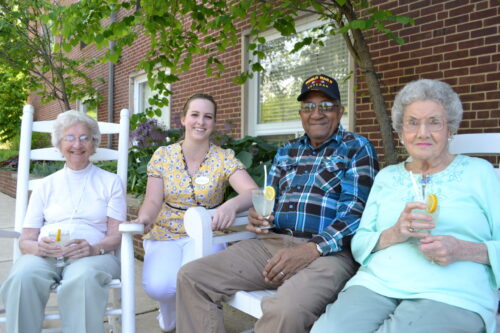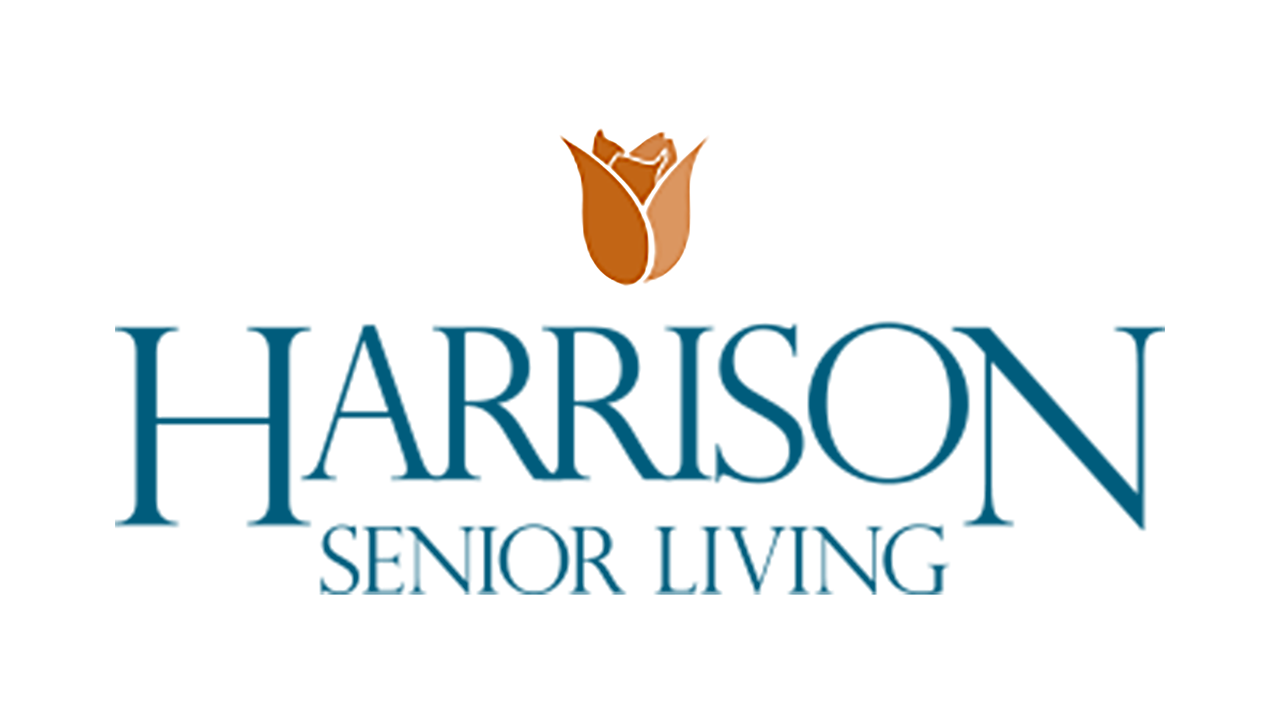How to Help Your Aging Loved Ones Avoid Dehydration

As people age, they become more susceptible to dehydration. We understand how worrisome it can be for those who have elderly loved ones, especially since symptoms in older people can be hard to detect. These tips can help ensure your loved ones in senior living communities avoid dehydration.
Why Does Hydration Matter?
Did you know that simply paying attention to the amount of water you drink is one of the easiest ways to alleviate some age-related changes? As we age our bodies lose the ability to conserve water and it is often harder for seniors to consume enough water for several reasons:
- Aging reduces people’s sense of thirst.
- Many seniors have limited mobility or cognitive impairment, which can also contribute to dehydration.
- Some medications have side effects that can lead to dehydration, such as sweating and increased urination.
Despite these challenges, hydration plays a critical role in senior wellness. Drinking lots of water helps to regulate body temperature, keeps organs functioning properly, lubricates joints, and ensures cells in the body receive nutrients.
On the other hand, dehydration can lead to urinary tract infections, poor kidney health, and bed sores. It may also affect sleep quality, blood pressure, and skin elasticity.
What are the Signs of Dehydration?
Symptoms of dehydration are numerous and may include:
- dry mouth
- dizziness
- lightheadedness
- headaches
- unusually dark urine
- infrequent urination
- muscle cramps
- fatigue
- decreased skin elasticity
- In more severe cases, dehydration can also cause confusion and an increased heart rate.
Keeping Your Loved One Hydrated
There are many simple steps you can take to prevent dehydration. 
- Encourage drinking plenty of fluids, especially when spending a lot of time outside.
- Offer a glass of water before thirsty. Create a routine, e.g., offer upon waking, mid-morning, with lunch, mid-afternoon, and with dinner, and encourager sips throughout the day.
- Schedule outdoor activities during the cooler parts of the day.
- Encourage breaks to cool off indoors when the temperature is high.
- Always offer water when walking or exercising.
- Carry and encourage drinking water when traveling outside the home.
- Infuse drinking water with lemons, oranges, cucumbers, etc. to make it more appealing.
- Serve plenty of fruits and vegetables, which have high water content. Melons are tasty way to stay hydrated!
- Finally, observe your loved ones drinking patterns and favorite ways to get their H2O are and make that part of the plan.
What to Do if Dehydration is Suspected
Signs of dehydration in the elderly are not always easy to recognize. Many of these symptoms can be caused by other medical conditions or be side effects of medication.
If you suspect your loved one has symptoms of dehydration, offer them their favorite beverage, encourage rest where they will be cool and comfortable, and reach out to their doctor. If the symptoms worsen or are severe place a call to 911.
Sources:
https://betterhealthwhileaging.net/qa-how-to-prevent-diagnose-treat-dehydration-aging-adults/
Back to Education Center
